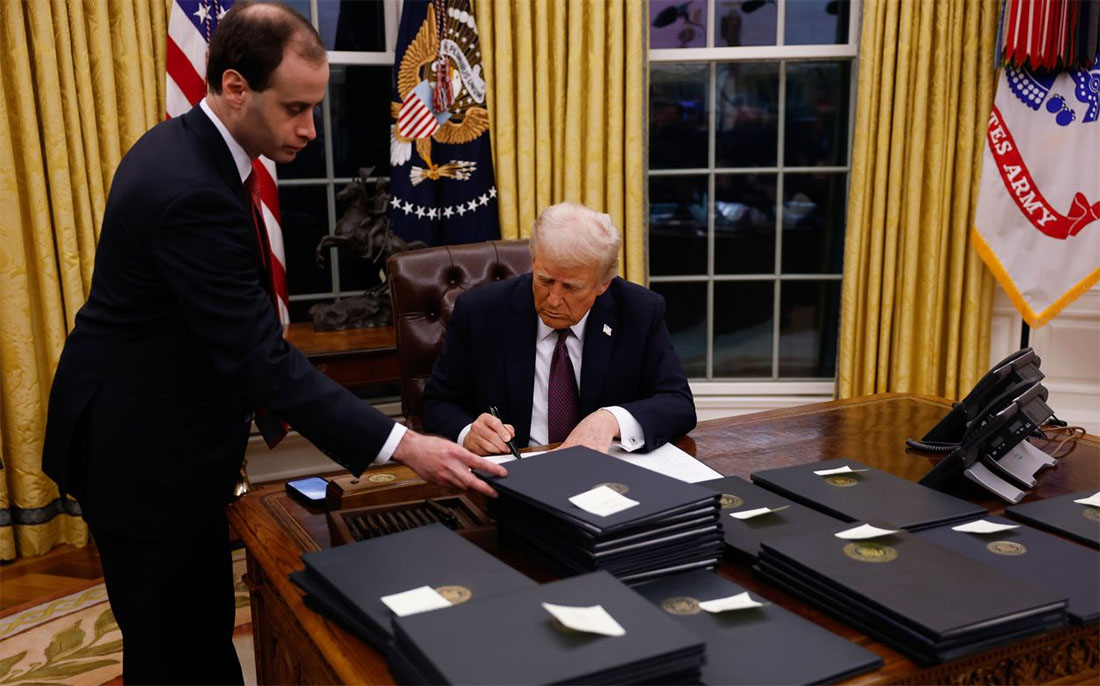Photo Credit: Getty Images
President Donald Trump has signed an executive order mandating the release of long-concealed documents surrounding three of the most pivotal assassinations in American history. The order encompasses previously classified files related to the murders of President John F. Kennedy, Senator Robert F. Kennedy, and civil rights leader Dr. Martin Luther King Jr.
The executive order marks a significant moment in transparency, with Trump declaring, "Everything will be revealed." The directive requires the Justice Department and the Office of the Director of National Intelligence to prepare comprehensive plans for document disclosure. For the JFK assassination files, officials have 15 days to present a release strategy, while RFK and MLK documents have a 45-day window.
Historical context reveals the complexity of these cases. President Kennedy was fatally shot in November 1963 in Dallas, with Lee Harvey Oswald identified as the prime suspect. Oswald's mysterious background, including a defection to the Soviet Union and suspicious contacts with Soviet and Cuban embassies, has fueled decades of conspiracy theories. His own murder by nightclub owner Jack Ruby further intensified public speculation about potential broader conspiracies.
Robert F. Kennedy's assassination in June 1968 came immediately after winning the California Democratic presidential primary. Palestinian Christian Sirhan Sirhan was convicted of the murder, though questions and alternative theories have persisted. Notably, RFK Jr. has previously suggested potential CIA involvement, a claim that adds another layer of intrigue to the case.
Dr. Martin Luther King Jr.'s assassination in April 1968 occurred against a backdrop of intense federal surveillance. FBI documents revealed systematic efforts to undermine King's civil rights activism, including controversial reports questioning his personal life and political associations. James Earl Ray was convicted of the murder, though the surrounding circumstances continue to provoke intense debate.
The timing of this declassification is particularly significant. Robert F. Kennedy Jr., now nominated as Trump's Health and Human Services Secretary, has been a vocal advocate for releasing these documents. His long-standing push for transparency appears to have found a receptive audience in the current administration.
While complete transparency remains the stated goal, the order does not guarantee immediate public access. Government agencies will first review and prepare the documents, potentially redacting sensitive information. This measured approach suggests a careful balance between public interest and potential national security considerations.
Conspiracy theories, speculation, and unanswered questions have surrounded these assassinations for decades. Trump's executive order represents a potential turning point, offering hope that long-standing mysteries might finally see resolution.


